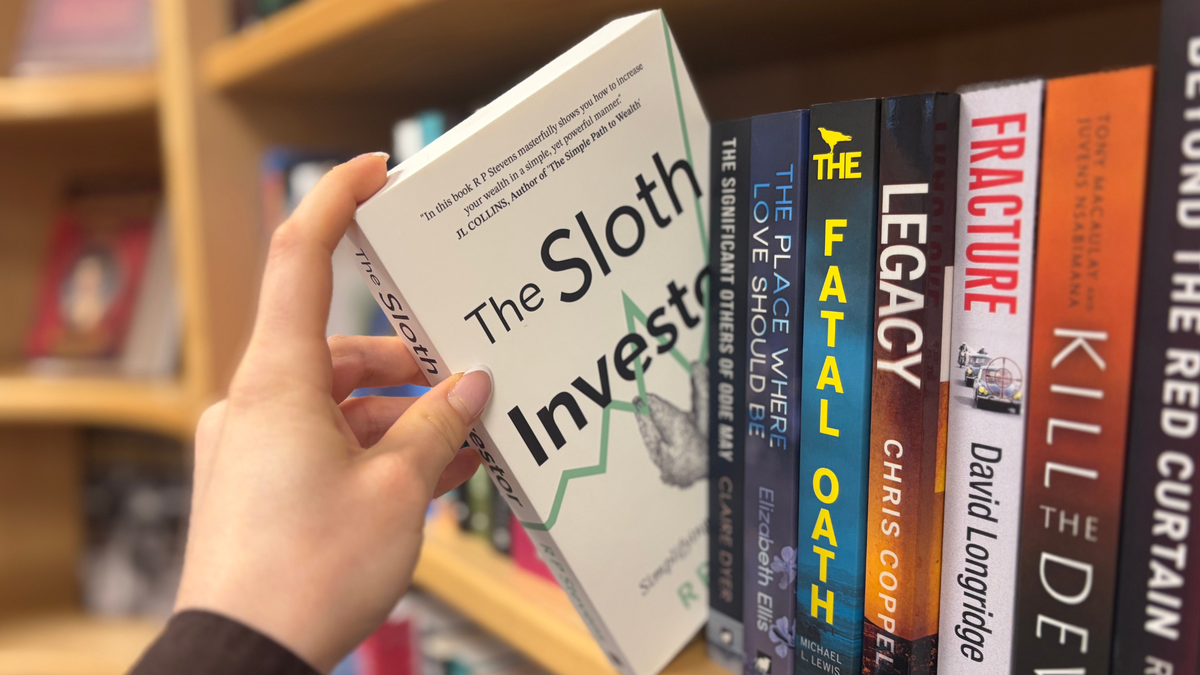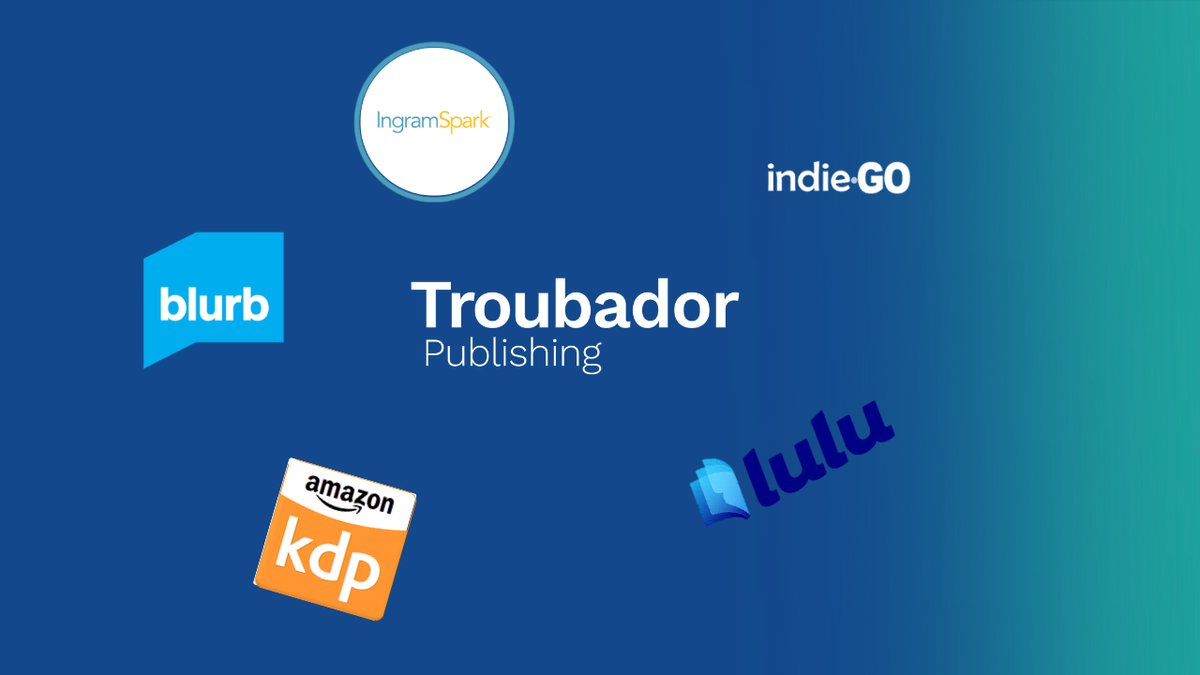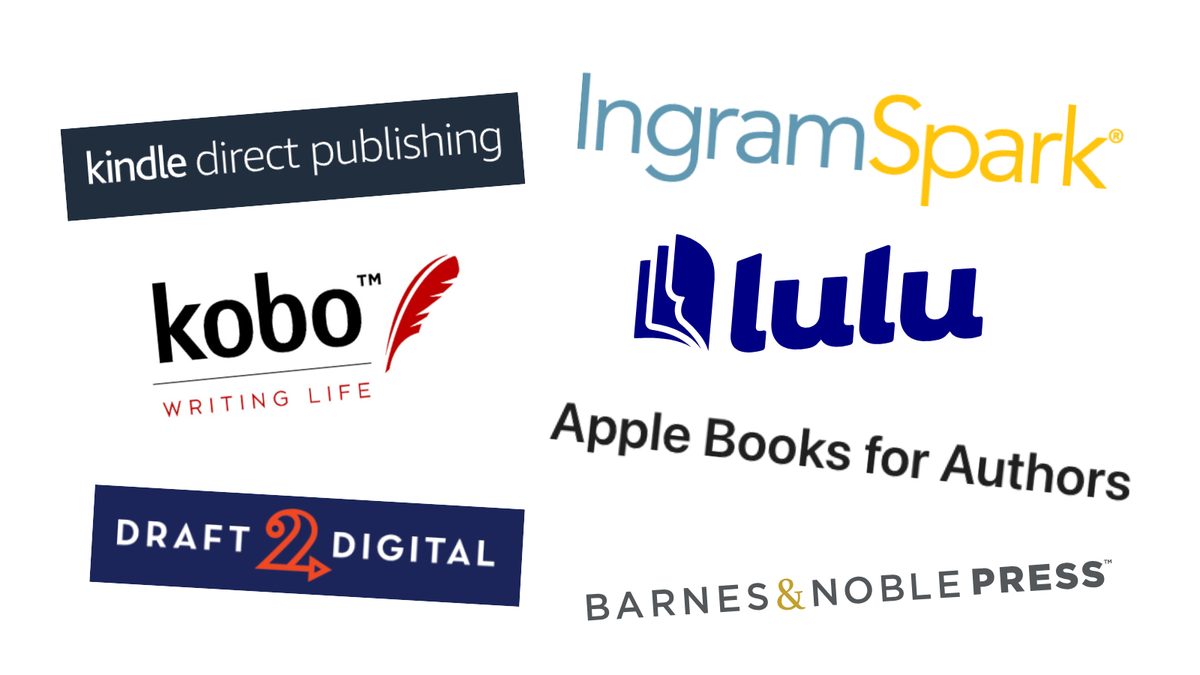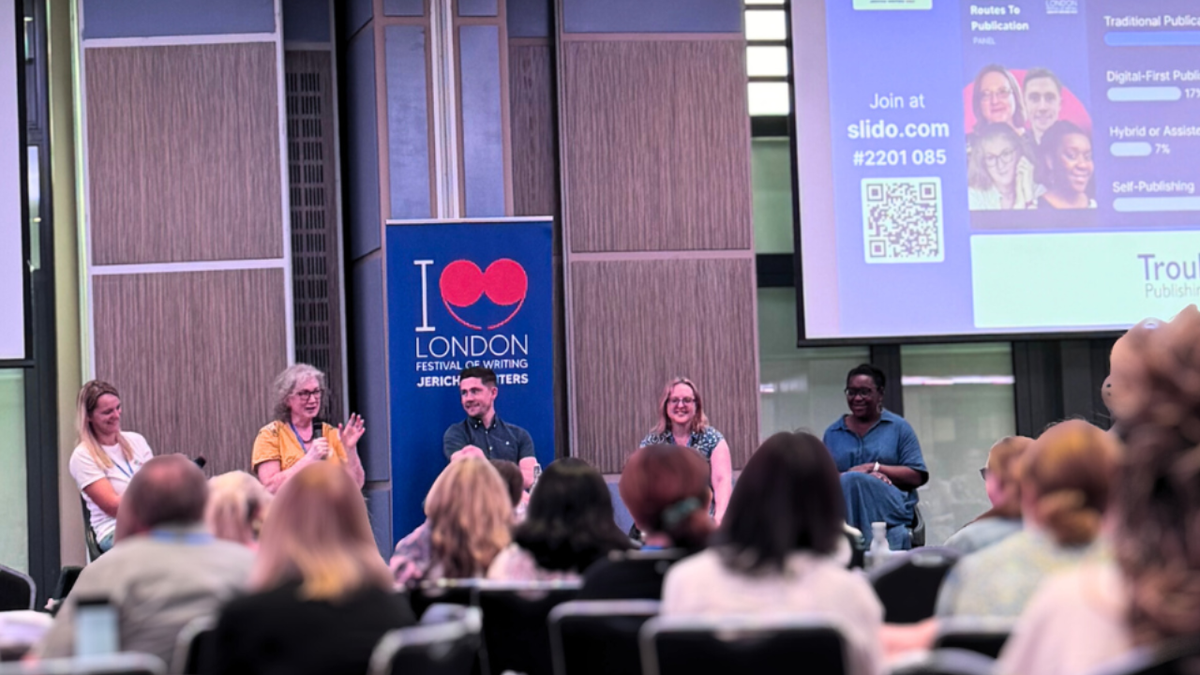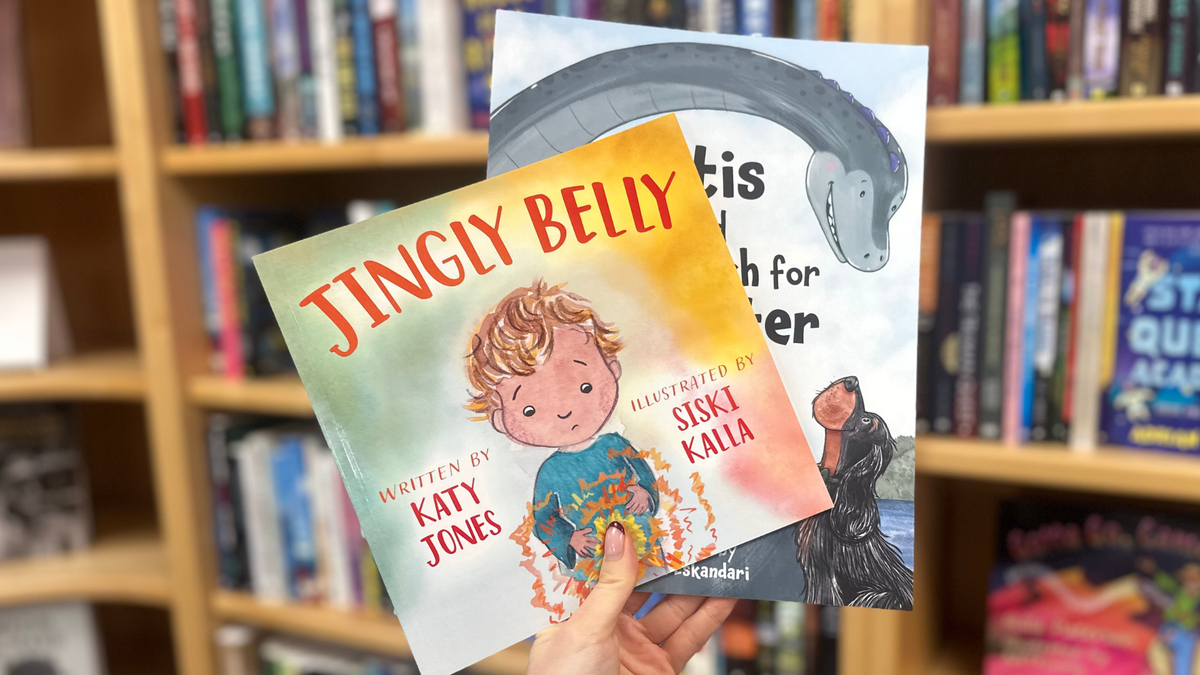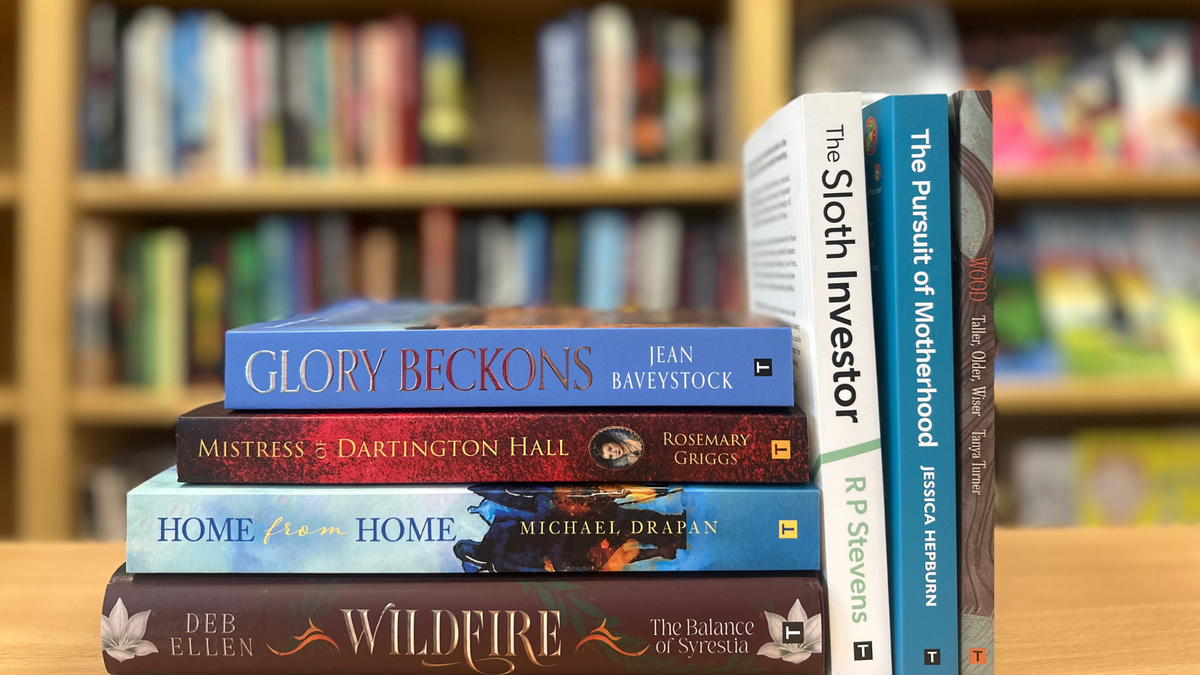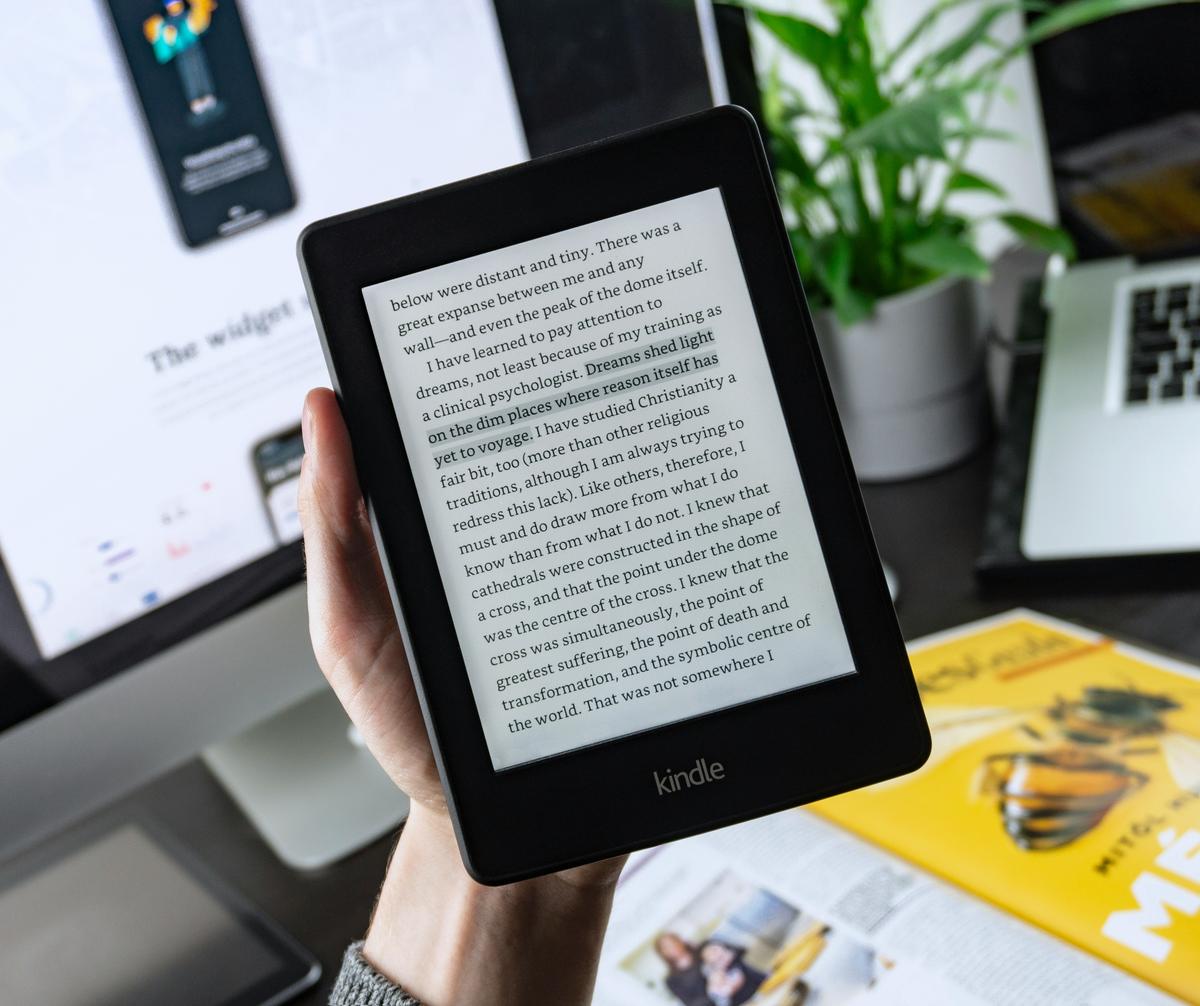
9th April, 2019
6 min read
All about the ISBN
Written by:
Troubador Publishing
In this blog, Eleanor Pigg, UK Registrations Services Manager, UK ISBN & SAN Agency tells us more about the fascinating world of the ISBN
In 2018, 190 million print books were sold through UK booksellers to the tune of £1.63bn. Those sales were tracked thanks to a 13-digit number. This simple number – the ISBN - helps publishers, distributors and booksellers to identify and track the stock and sales of each book sold.
The ISBN, or International Standard Book Number to give its full title, dates back to 1965 when WHSmith challenged Gordon Foster, Emeritus Professor of Statistics at Trinity College, Dublin to come up with an algorithm to help booksellers track books. The first ISBN was generated in 1967 in the United Kingdom by David Whitaker, a man widely regarded as the Father of the ISBN. What started as a 10-digit format identifier (and became 13 digits in 2007) was developed by the International Organization for Standardization (ISO) and was published in 1970 as International Standard ISO 2108.
Today the International ISBN Agency, appointed by ISO, is the registration authority for the Standard on a global basis. The privilege of running the UK ISBN Agency is licensed to Nielsen Book Services by the International ISBN Agency to supply ISBNs to publishers in the UK and Ireland, plus 14 British overseas territories including Anguilla, the Falkland Islands, Tristan da Cunha and Akrotiri and Dhekelia.
As an ISBN Agency, we allocate ISBN Publisher Prefixes to eligible publishers and as a result, Nielsen Book maintains a large database of publishers (over 60 000) with their prefixes and supply UK and Ireland information to the Publishers International ISBN Directory. We promote the importance of the ISBN for a proper listing of titles with bibliographic agencies and we also provide technical advice and assistance to the book trade on all aspects of correct ISBN usage. Above all we are required to maintain the ISO Standard, you could say we are the guardians of the ISO Standard 2108 in the UK and Ireland and overseas territories.
How is an ISBN formulated?
The ISBN is broken into five elements.
- Prefix: shows that the product identifier is a book
- Registration Group: identifies a country, area or language area where the publisher is based and the ISBN is assigned • Registrant (Publisher) identifier: identifies a particular publisher and usually indicates the exact identification of the publishing house and its address
- Title Identifier: identifies a specific edition of a publication of a specific publisher
- Check Digit: validates the full number
Here’s an ISBN in action
Let’s look at the Writers’ and Artists’ Yearbook 2019 (978-1-4729-4749-9). Area Code for Anglophone area (UK, Australia, New Zealand, Canada, South Africa, USA) – 978-1 Publisher number for Bloomsbury – 4729 Title number – 4749 Check Digit– 9 The ISBN revolves around best practice, but does that still matter? The simple answer is yes! ISBNs identify unique products, the publisher and the imprint, and the location of the publisher. ISBNs are also permanent: once assigned that ISBN identifies that book and format for life!
How ISBNs are used
An ISBN contains only a small, but crucial, amount of data but it can be used as a key to unlock the data held on book databases. On the Nielsen Book database, for example, a single book record can have over 500 data elements. A widely held belief is that ISBN protects copyright. It doesn’t, it is an identifier and copyright rests with the author. Copyright covers works fixed in a tangible format, but book titles don’t fall under copyright protection because they tend to be too short, so cannot be copyrighted (although they can be trademarked).
Consequently, a single book title may have many incarnations, and it is the ISBN that differentiates the various titles, formats and editions. For example, books titled Great Expectations can include the Dickens novel, a report on schooling in Rwanda, on Australian politics, the tourism industry, delivery in health systems, graduate careers, the Toronto Blue Jays’ 2013 failed season, the psychology of money and marriage and divorce in post-Victorian America…
Retailers buy data from Nielsen Book for their stock control and ordering databases. Using the ISBN they can differentiate between all incarnations of a title, in order to keep prices and availability accurate and updated.
ISBN and self-publishing
The largest group purchasing ISBNs today are those who identify themselves as self-published authors. Unfortunately many get to the printing stage before realising they need an ISBN. At Neilsen, we aim to help point them in the right direction. We advise on best practices, new imprints, changes of publishing name, title registration, etc.
While we can advise on best practices, a new publisher has to consider the following questions when deciding whether they need an ISBN:
- • Do you want your books to be discovered?
- • Do you want to sell books?
- • Do you want to analyse sales?
ISBN in libraries
Searching by title, author and keyword may bring up multiple results but searching by specific ISBN should only bring up one result. As libraries become digital, the ISBN is a powerful tool for locating a title. The ISBN also allows Nielsen Book to measure loans in the UK and match them to the sales of the book to get a fuller picture of an author’s readership. For example, the hardback edition of The Midnight Line by Lee Child, ISBN 978-0-5930-7818-1 published by Transworld in 2017 was the most borrowed title of 2018, with nearly 27000 patrons taking it home throughout the year from the branches we measure, and further 16000 copies were purchased in that time in the UK. While the hardback proved more popular at libraries, the paperback, ISBN 978-0-85750-361-9, was released in 2018 and garnered more sales, reaching nearly 355000 copies sold and 9000 borrowed, according to data from Nielsen Book Research.
How you can purchase ISBNs in the UK
The ISBN is geo-specific meaning that if you are based in the UK or Ireland and want to publish your book you should contact the UK ISBN Agency. However, if you are English but living and publishing in Spain, we would not be able to help you, but the Spanish agency could! It still surprises me how many agencies there are in the world, so wherever you are publishing from you should be able to find an ISBN agency near you, and if not, the International Agency will be happy to help. ISBNs can be purchased from us online 24/7 (as 81% of our customers do). Buying online is the fastest and most popular way to purchase either a single ISBN or larger allocations, up to a block of 1000, and also includes access to other Nielsen Book services. We also offer an offline application process which is a significantly slower service, but can be requested for a multitude of reasons, such as different payment preferences or allocations larger than 1000.
Nielsen Book provides a range of services to the book industry internationally, aiding the discovery and purchase, distribution and sales measurement of books. We are proud to run the ISBN and SAN Agencies for UK and Ireland as well as providing search and discovery services for booksellers and libraries. The electronic trading solutions, including Nielsen PubEasy, help everyone involved in the book supply chain trade more easily. Our research services provide retail sales analysis for both print and e-books alongside research from Nielsen’s Books and Consumers Survey. For publishers, we offer a range of services from assigning an ISBN to your book to adding your metadata to our database and promotional tools to help market your book.
As your local, friendly ISBN Agency we are happy to offer advice and guidance to publishers large and small, new and established.
This blog was written by Eleanor Pigg, UK Registrations Services Manager, UK ISBN & SAN Agency. To learn more email on E: isbn.agency@nielsen.com or visit them here


